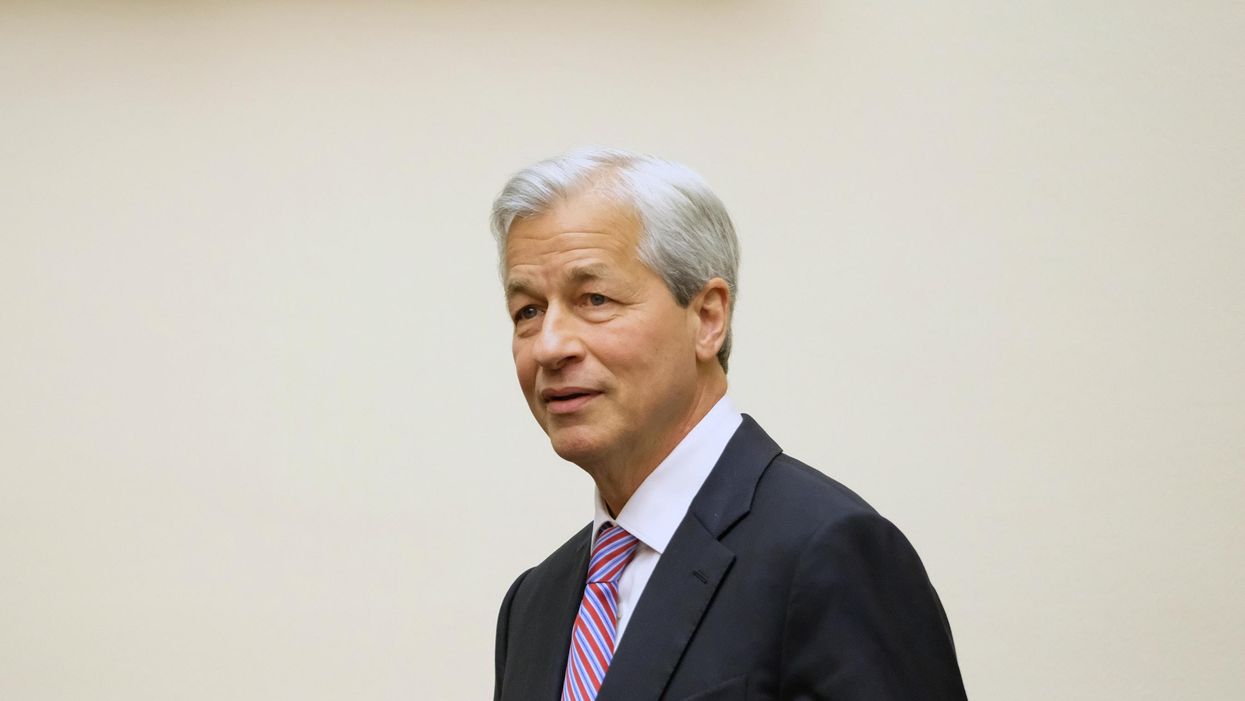As a businessman and entrepreneur, I never considered the intersection of my professional experience with the work I do to help support and create healthy self-governance in our nation as co-founder of the Bridge Alliance.
But that perspective has changed dramatically in recent months.
The concepts of "stakeholder capitalism" and "corporate responsibility" are coming to the forefront of the news as unprecedented actions are being taken by businesses across the country to change the very nature of their role in society.
A sea change of activity is occurring before our eyes.
In 2019, 181 CEOs announced a commitment to lead their companies for the benefit of all stakeholders rather than just their shareholders. Stakeholders consist of customers, employees, suppliers, communities and of course shareholders.
Jamie Dimon, chairman and CEO of JPMorgan Chase & Co. and chairman of Business Roundtable said:
"The American dream is alive, but fraying. Major employers are investing in their workers and communities because they know it is the only way to be successful over the long term. These modernized principles reflect the business community's unwavering commitment to continue to push for an economy that serves all Americans."
As a lifelong proud capitalist, Dimon's proclamation resonated with me deeply. The concept that each individual company can serve its own corporate purpose, but also share a fundamental commitment to all society, is becoming more important to consumers as well and perhaps one reason boardrooms across the country are changing corporate policies and investments.
And doing so can also be good for business. Recent studies show that it pays to connect with customers and connecting means caring about the world we live in. The growth of "socially responsible investing" through mutual funds allows everyday citizens to align their values with their investments. The opportunity now exists for investors to design their portfolio allocation around goals that are meaningful to them whether it is our planet, our cities or around faith-based goals.
Some of the specifics of stakeholder capitalism is and what the 181 CEOs committed to on behalf of their customers, employees and communities include:
- Delivering value to our customers. We will further the tradition of American companies leading the way in meeting or exceeding customer expectations.
- Investing in our employees. This starts with compensating them fairly and providing important benefits. It also includes supporting them through training and education that help develop new skills for a rapidly changing world. We foster diversity and inclusion, dignity and respect.
- Dealing fairly and ethically with our suppliers. We are dedicated to serving as good partners to the other companies, large and small, that help us meet our missions.
- Supporting the communities in which we work. We respect the people in our communities and protect the environment by embracing sustainable practices across our businesses.
- Generating long-term value for shareholders, who provide the capital that allows companies to invest, grow and innovate. We are committed to transparency and effective engagement with shareholders.
Admittedly, some of the above language is vague but the general goals are being backed up with concrete actions by corporations.
For example BlackRock CEO Larry Fink pledged a "Net Zero" fiduciary approach to climate change.
As reported yesterday in The Fulcrum, companies including HP, Microsoft and Unilever are calling for expanded voting access in Texas. And a few weeks ago corporations such as Coca-Cola and Delta Airlines took forceful stances against Georgia's new restrictive election law.
PricewaterhouseCoopers, a huge multinational professional services network of firms, is made up of 55,000 people of all races, ethnicities, genders and backgrounds and has instituted a diversity program "to build a culture of belonging — one where we move from awareness to empathy and demonstrate inclusive leadership."
These are just a few examples of the change in the very nature of corporate responsibility sweeping across America. More and more corporations realize that socially responsible policies that do what is best for humanity should be at the core of every decision they make, because ultimately their customers and their shareholders are humans too.




















